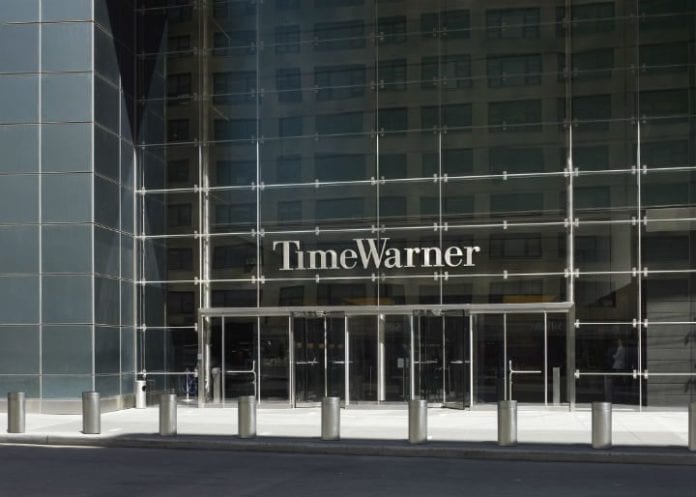AT&T plans to acquire media powerhouse Time Warner is causing a reaction by politicians that does not line up with current industry models
I’ve seen a lot of handwringing recently over the AT&T and Time Warner merger. This deal has become a political football in Washington, D.C., where politicians are lining up to denounce the merger as a “concentration of power.” This is a reflex reaction that simply illustrates how little politicians know about the communications business.
The cable industry and mobile operators have been on a collision course for years, and we see them lining up to compete directly against each other for broadband services. Verizon Communications is driving hard for pre-“5G” fixed broadband services, and pulling media companies such as Yahoo and AOL. AT&T has invested in content through DirecTV, with its own plans for wireless broadband services. Cable companies are launching their own smartphone services using Wi-Fi-first technology. Google competes with both mobile and cable operators with their fiber service and with Project Fi.
So, nobody should think of Verizon Communications and AT&T as competing in their own isolated fishbowl. Technology moves on, and new technology allows all of these companies to cross boundaries and compete. This merger would allow AT&T and Time Warner to compete effectively against both mobile and cable providers.
The battle will happen in your house. The primary target for the mobile operators is to compete directly with cable operators and Google for broadband services to homes and offices. That’s why you see mobile operators grabbing media properties and lining up technology to deliver high-definition video.
Antitrust laws were developed to protect the public from monopoly power. If the government blocks this deal it will be using antitrust rules to protect the cable monopoly.

Joe Madden is principal analyst at Mobile Experts LLC. Madden provides most of the business analysis behind our forecasts, as well as primary research in semiconductor areas. Over 26 years in mobile communications, he accurately predicted the rise of digital predistortion, remote radio heads, small cells and the mobile IT market. He validates ideas with mobile and cable operators, as well as hardware suppliers to find the match between business models and technology. Madden holds a physics degree from UCLA. Despite learning about economics at Stanford, he still obeys the laws of physics.
Editor’s Note: In the Analyst Angle section, we’ve collected a group of the industry’s leading analysts to give their outlook on the hot topics in the wireless industry.

